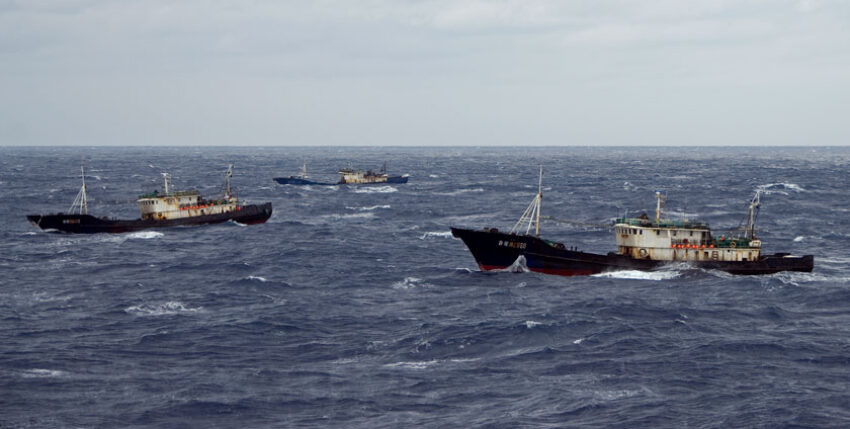As in many areas, the pandemic has mercilessly exposed weaknesses in maritime security. But old problems do not simply disappear.
As in many other areas of life, the effects of Covid-19 are also highlighting weaknesses in the area of maritime security more clearly than before. And many are realising that it is not just about a possible attack by China on Taiwan, maritime provocations by Russia, Iran and China against warships and merchant ships of Western states, but also about the functioning of free maritime connections for global trade, the use of resources on the seabed and in the sea and the use of the oceans to feed the world's population. And solutions can therefore only be found globally and in co-operation between states and societies, not only militarily but also civilly.
The closure of national borders to trade and the movement of people caused the delicate system of global supply chains to collapse, which led to serious discussions about the end of globalisation at the end of 2019. However, the rapid opening of Chinese ports and the recovery of goods production there last year highlighted the strength of the Asian region and its growing importance for global production and trade. This leads to the conclusion that globalisation will continue despite some considerations of regionalisation. Shipowners and large logistics companies are assuming that ships will travel more slowly due to climate change and that more ships will therefore be needed to secure supply chains.
Access?
- Access to all articles from the marineforum magazine
- Easy payment via PayPal, direct debit or credit card
- The subscription can be cancelled at any time free of charge
- Free of charge for MOV members










